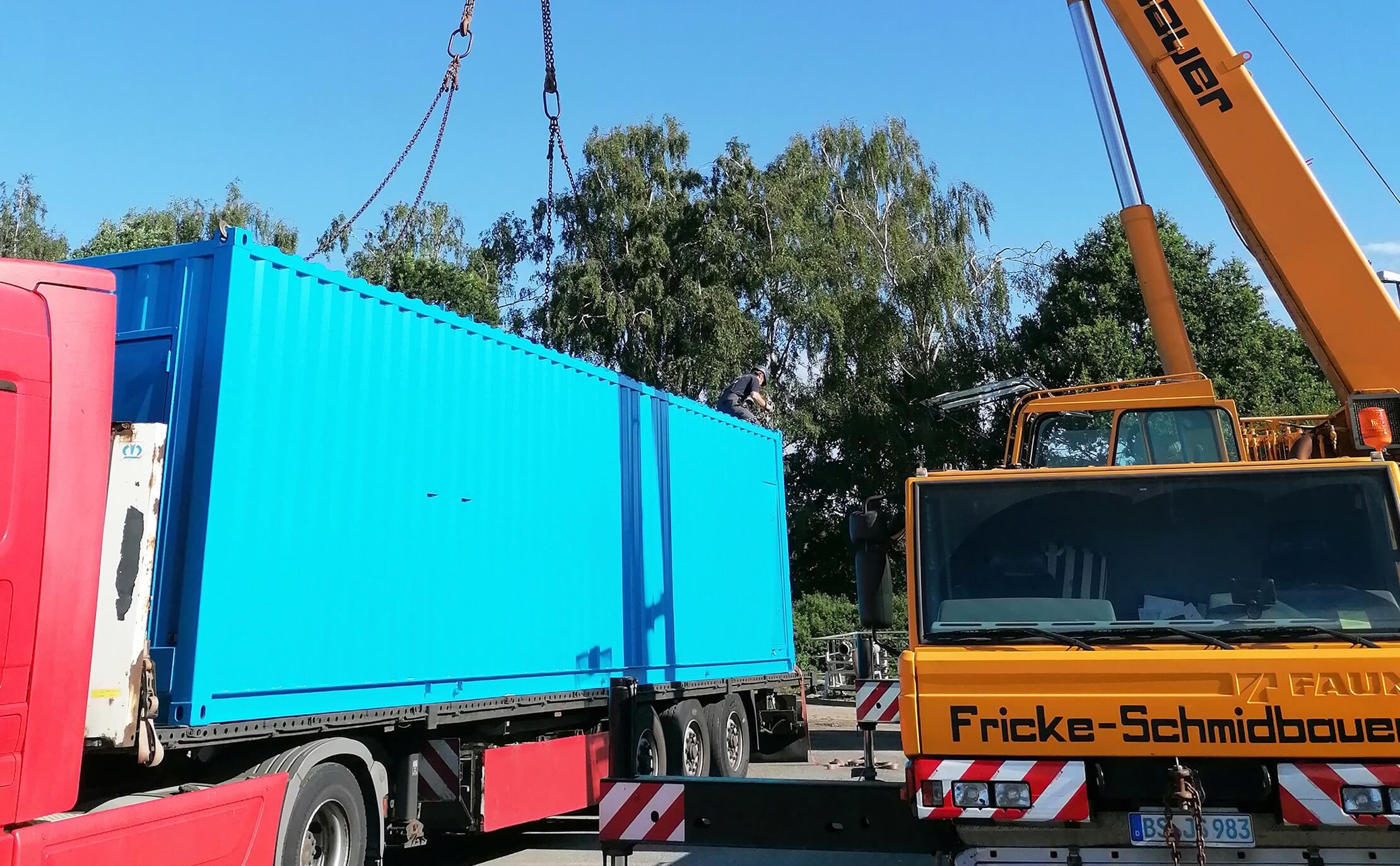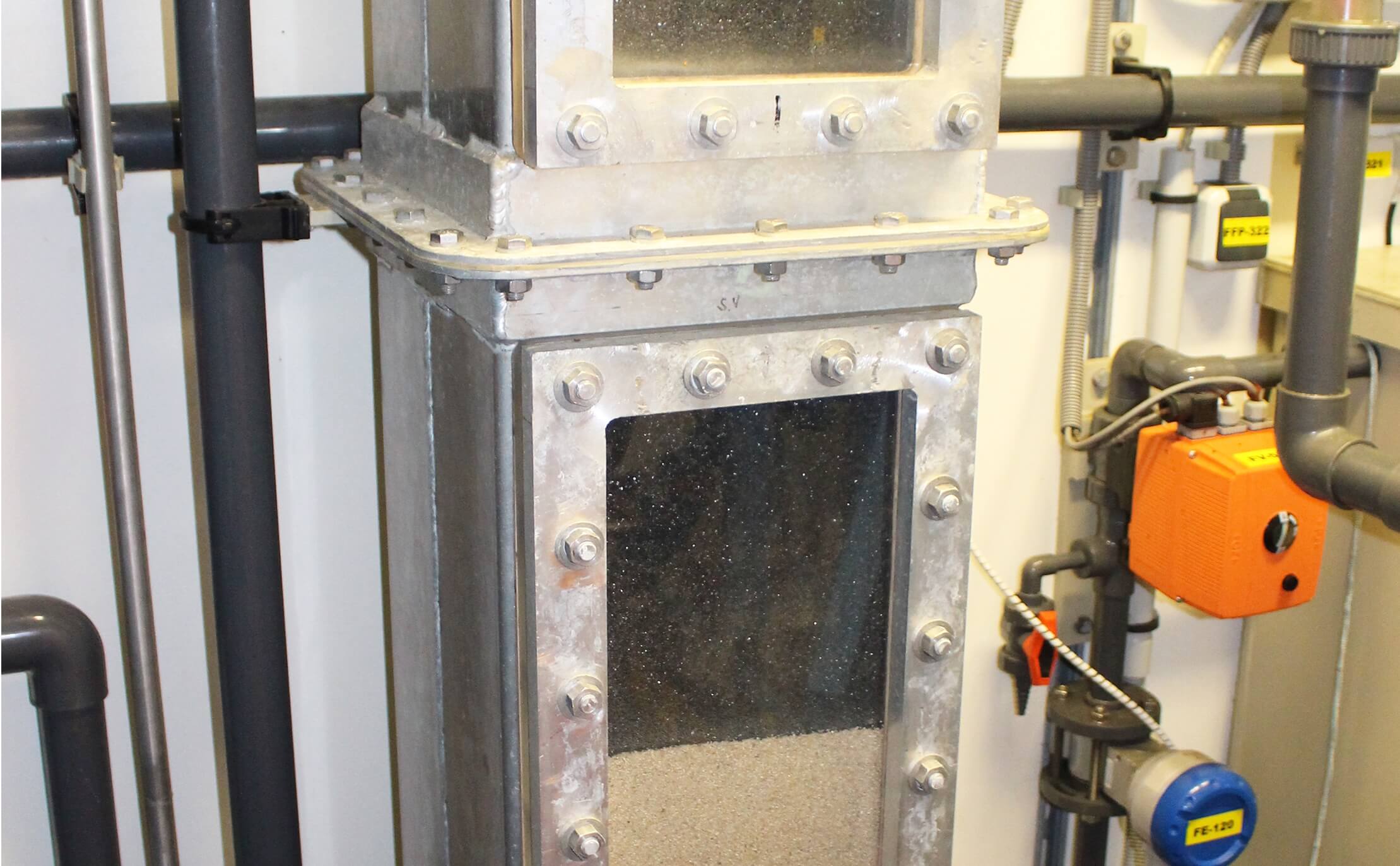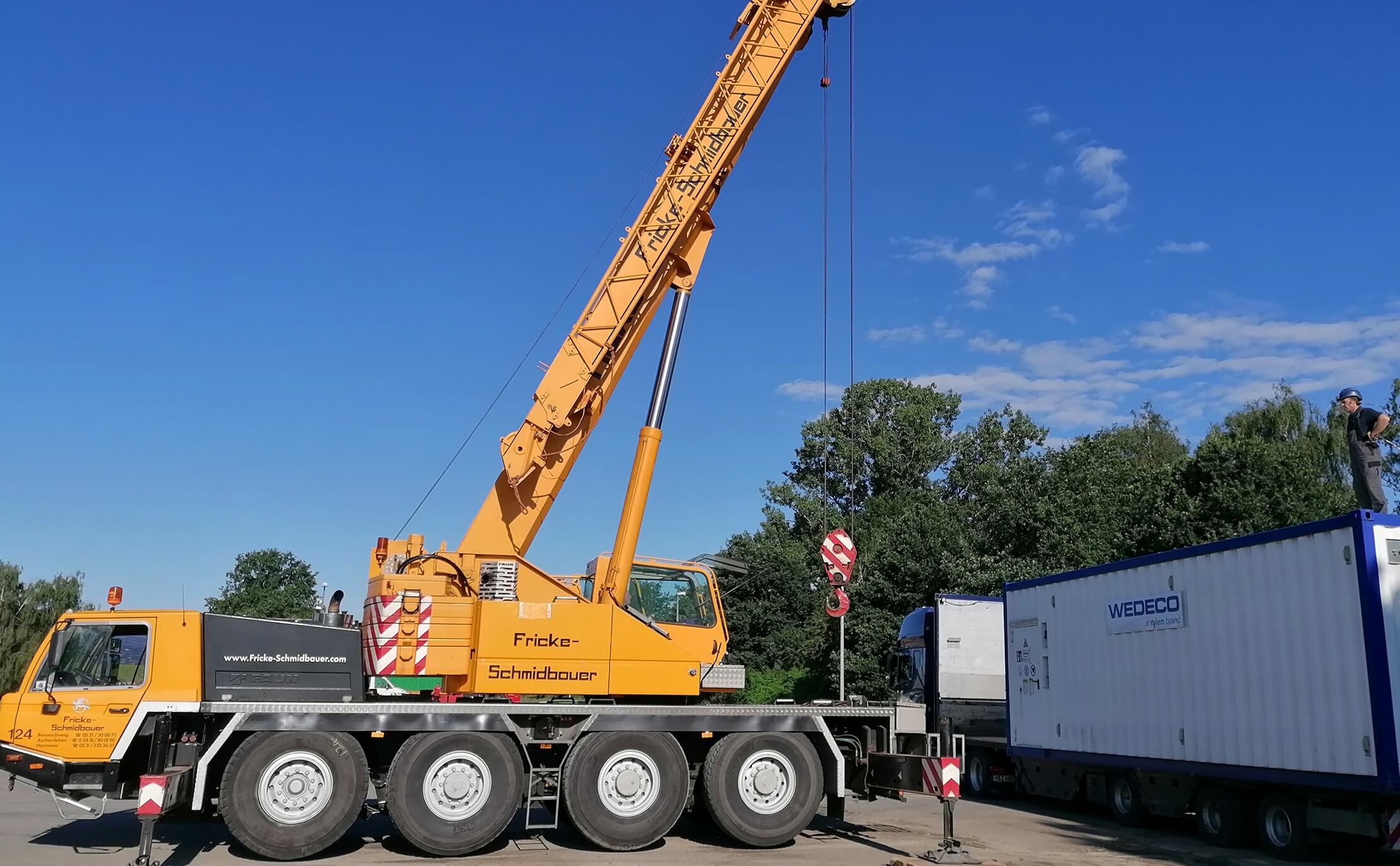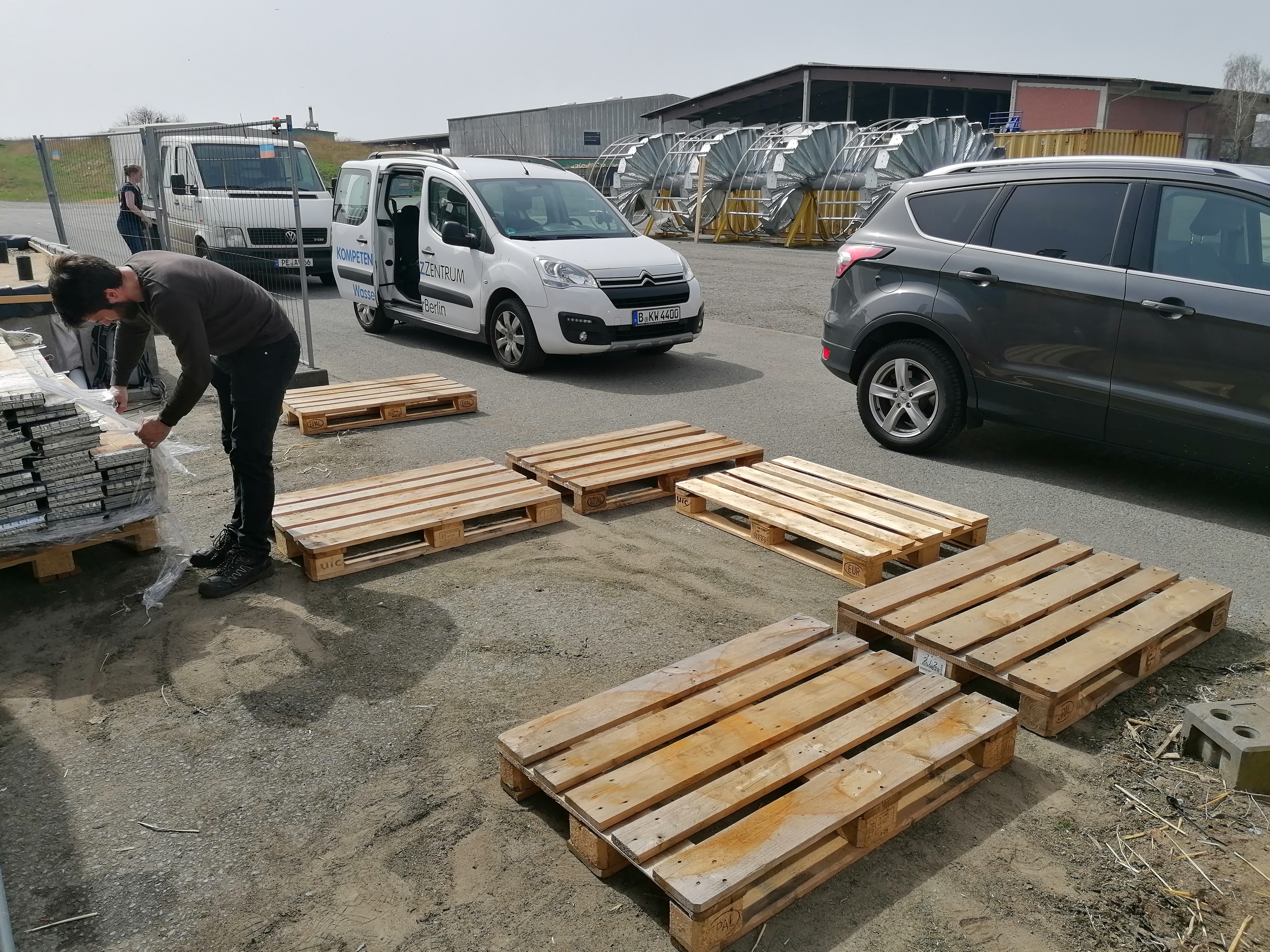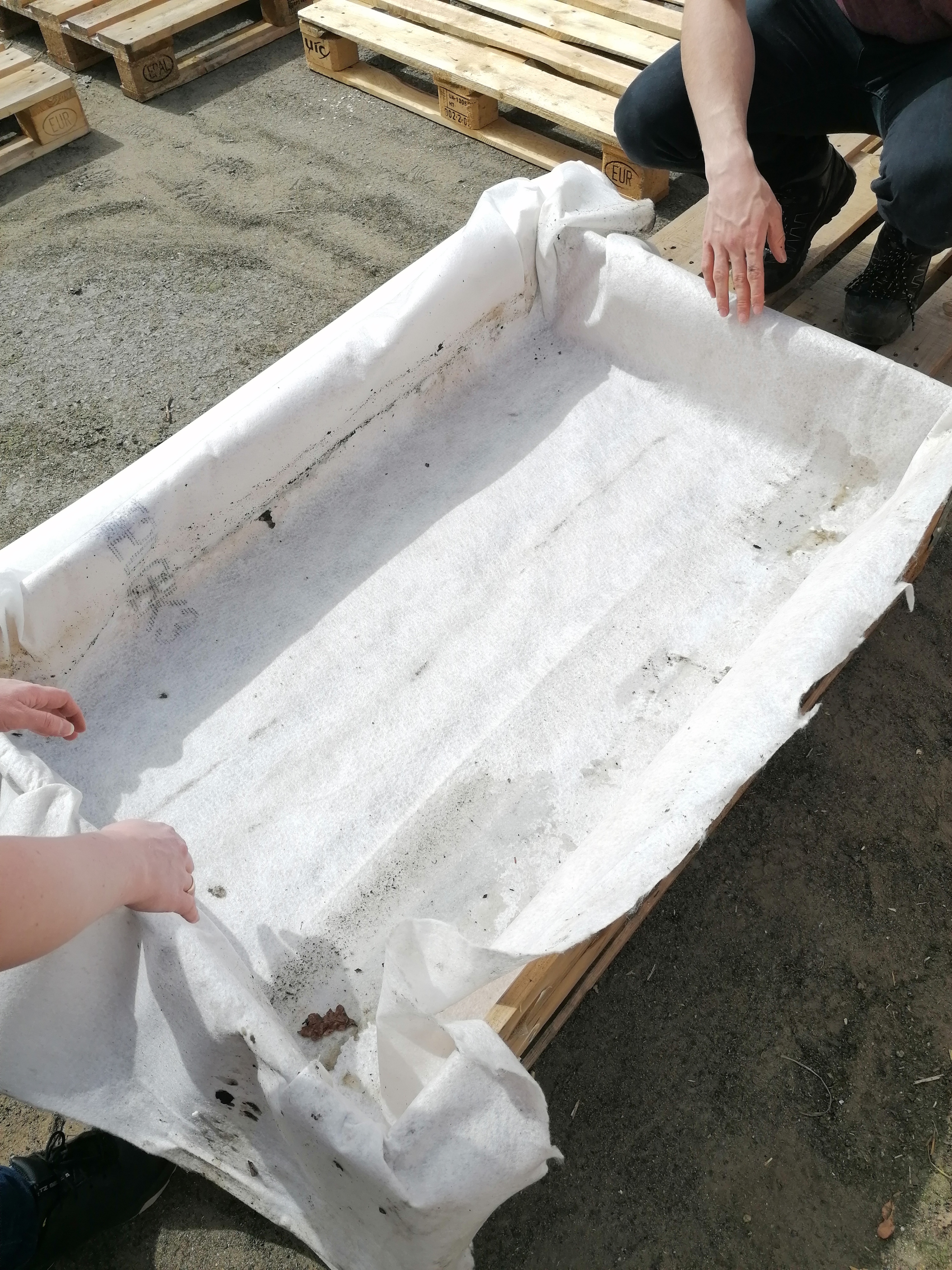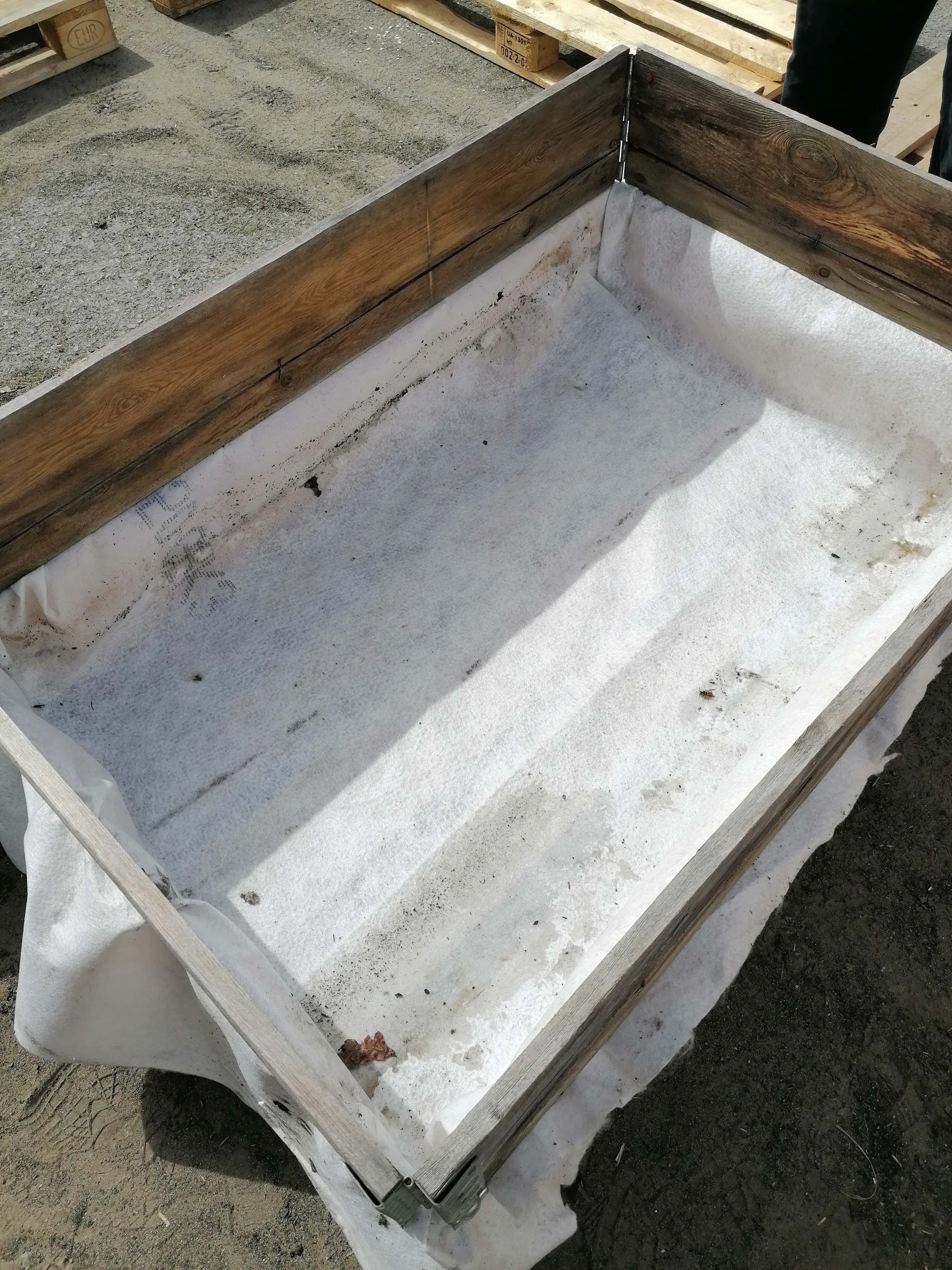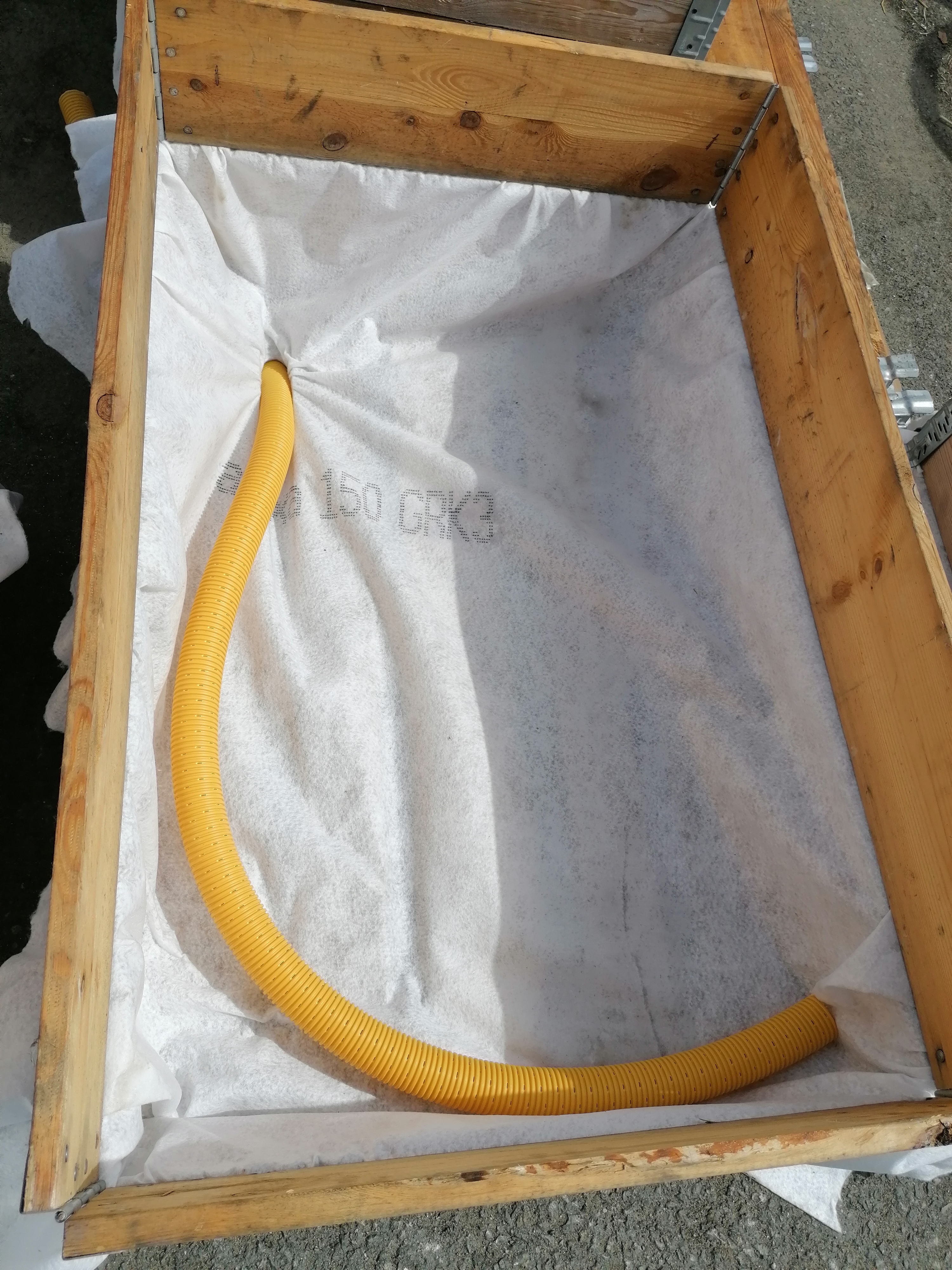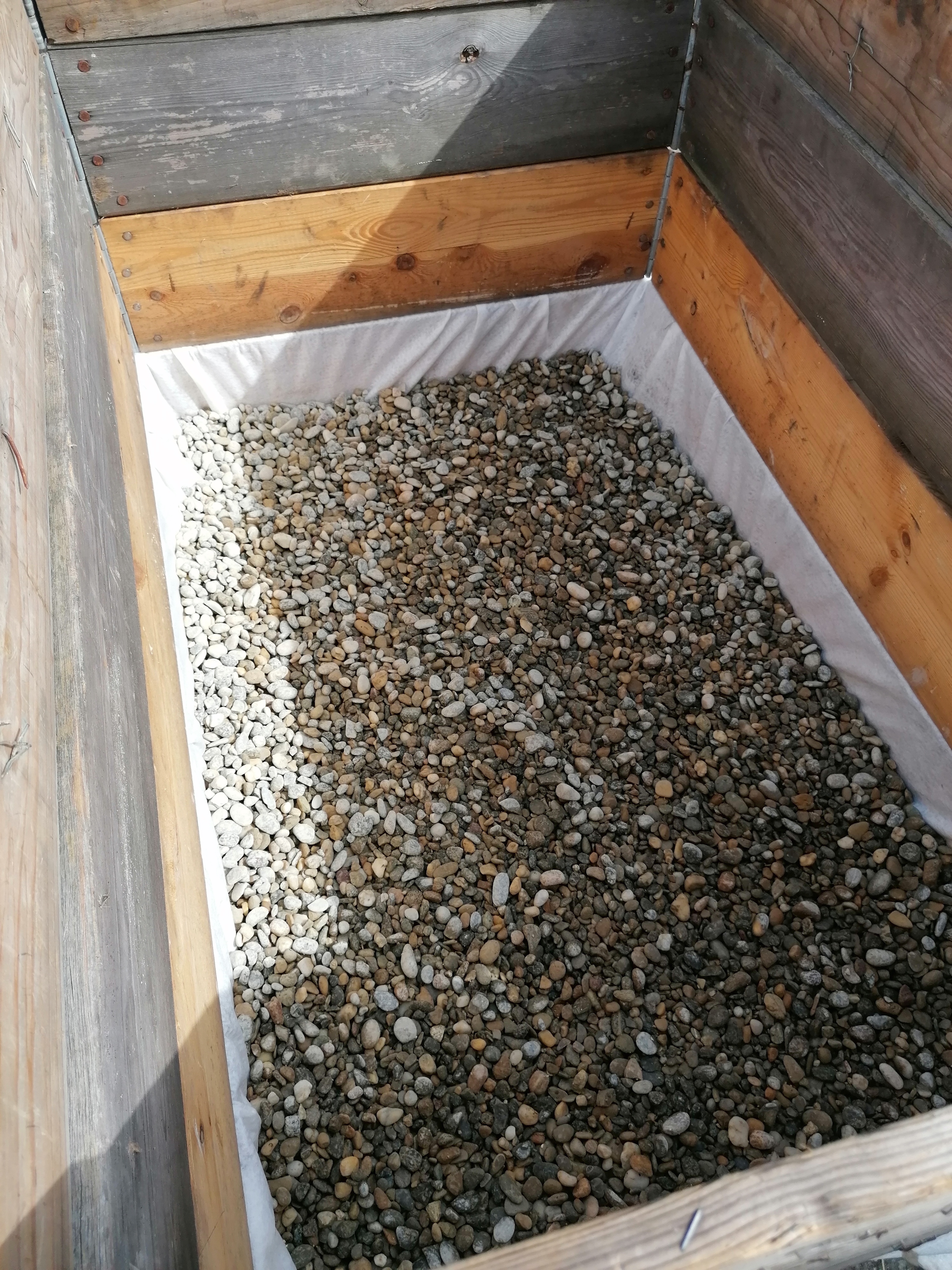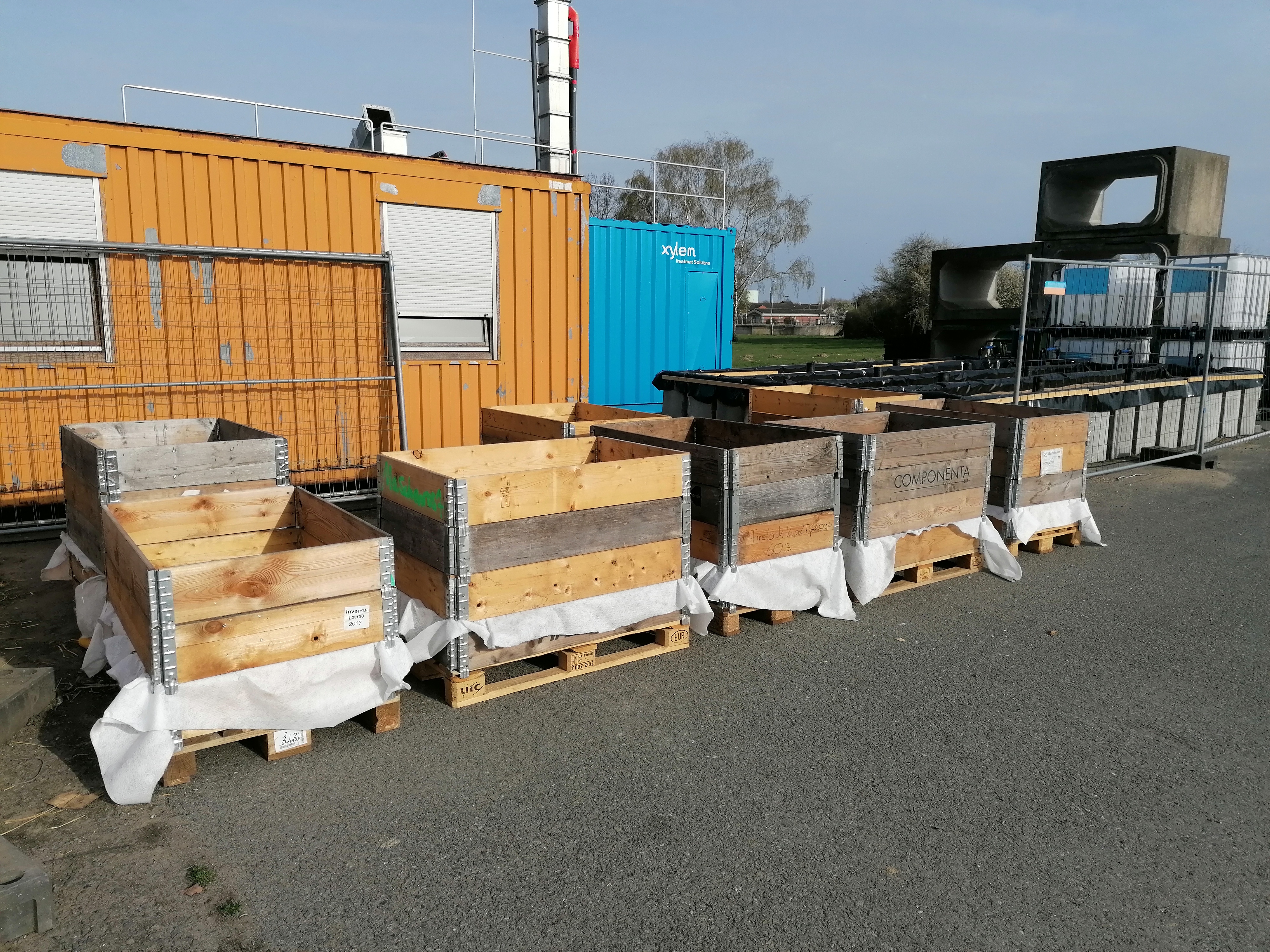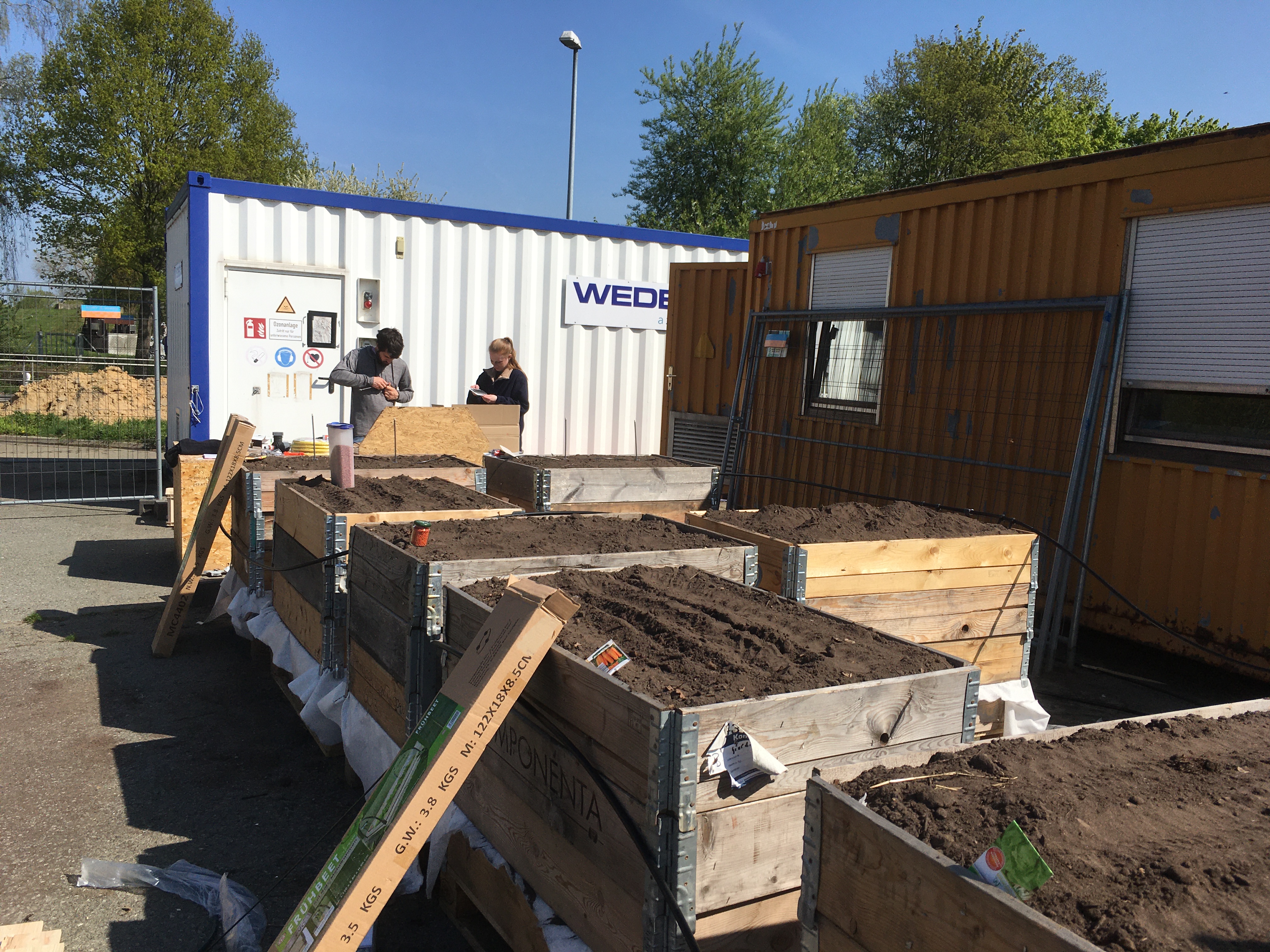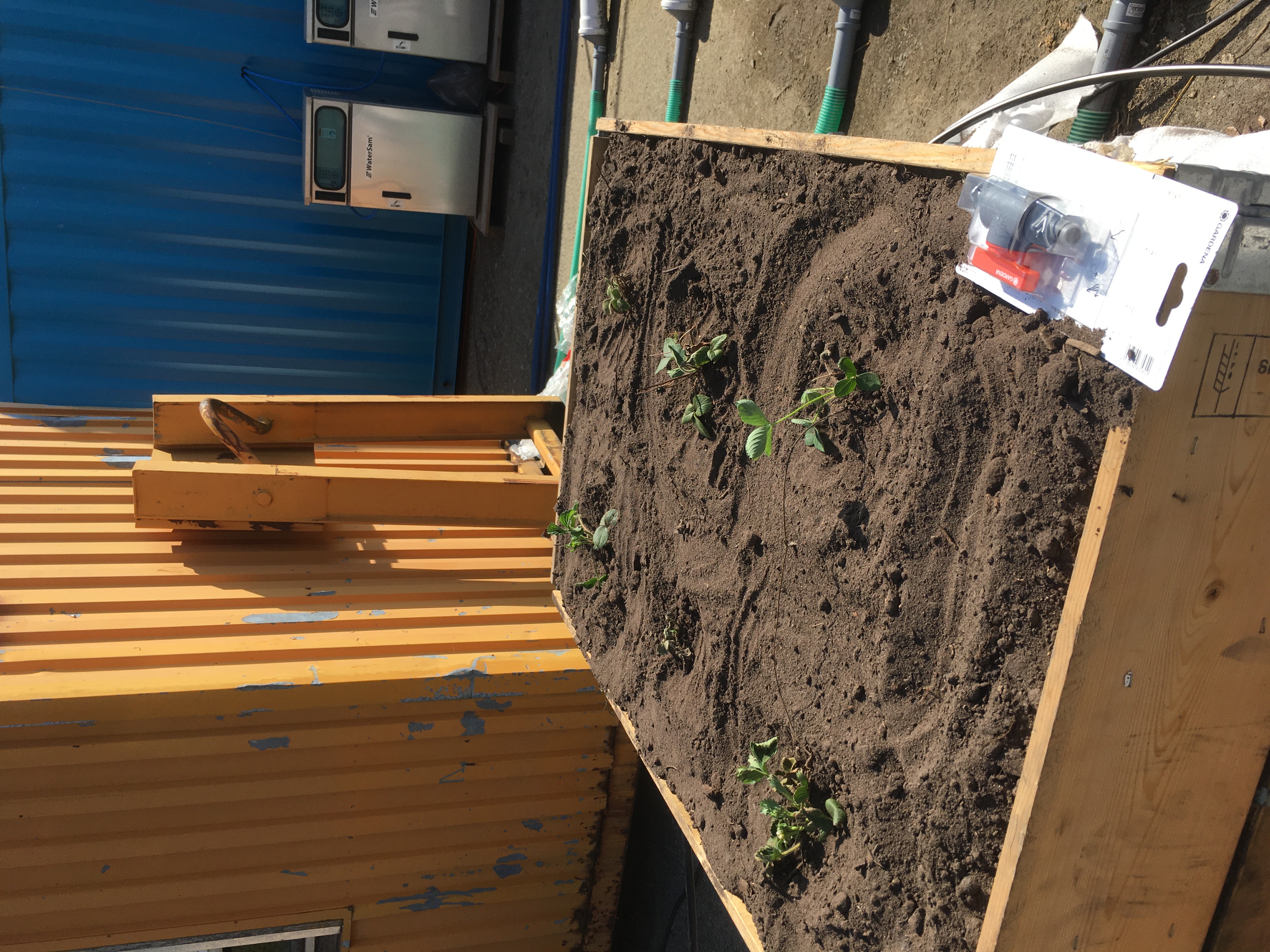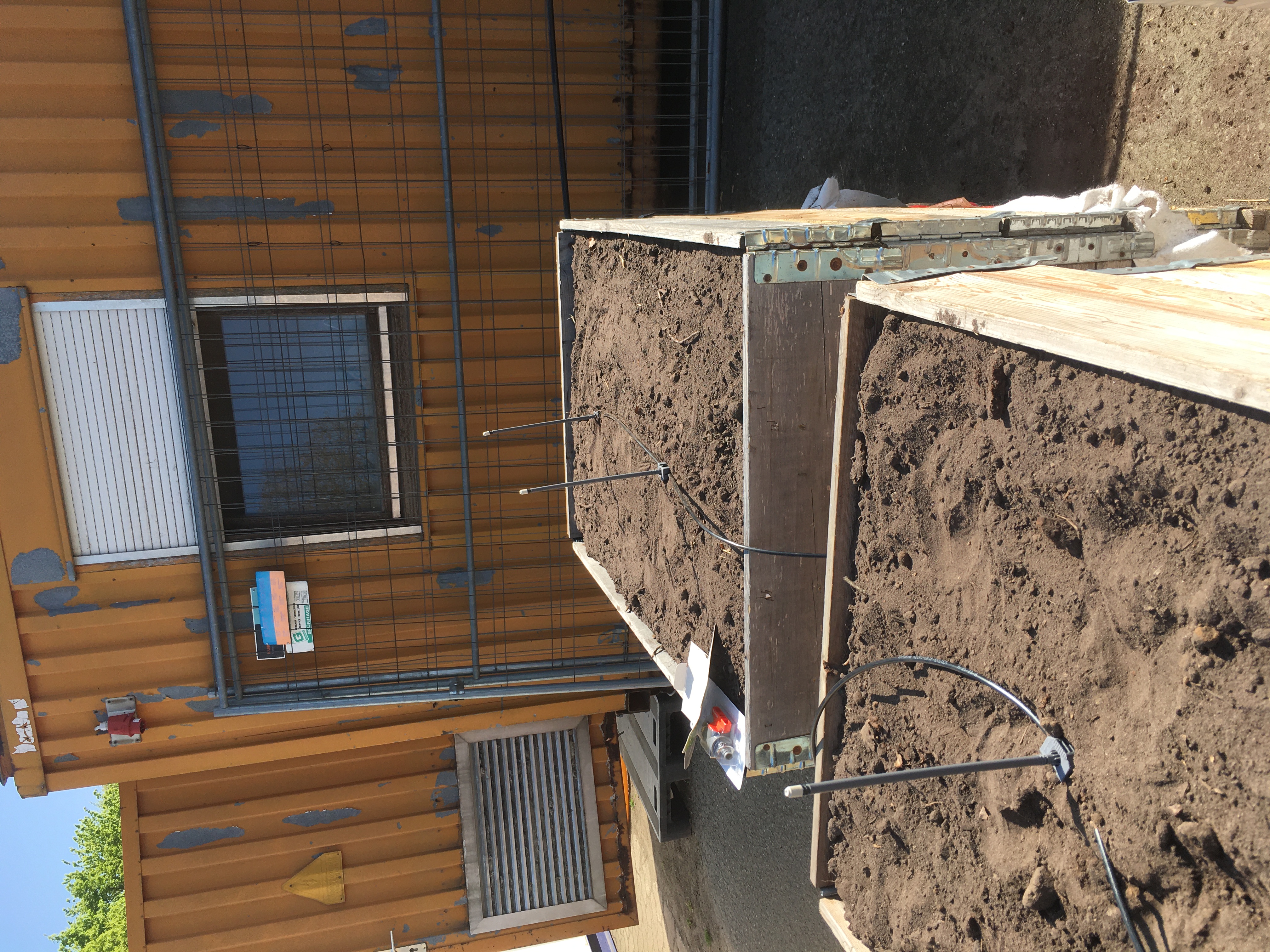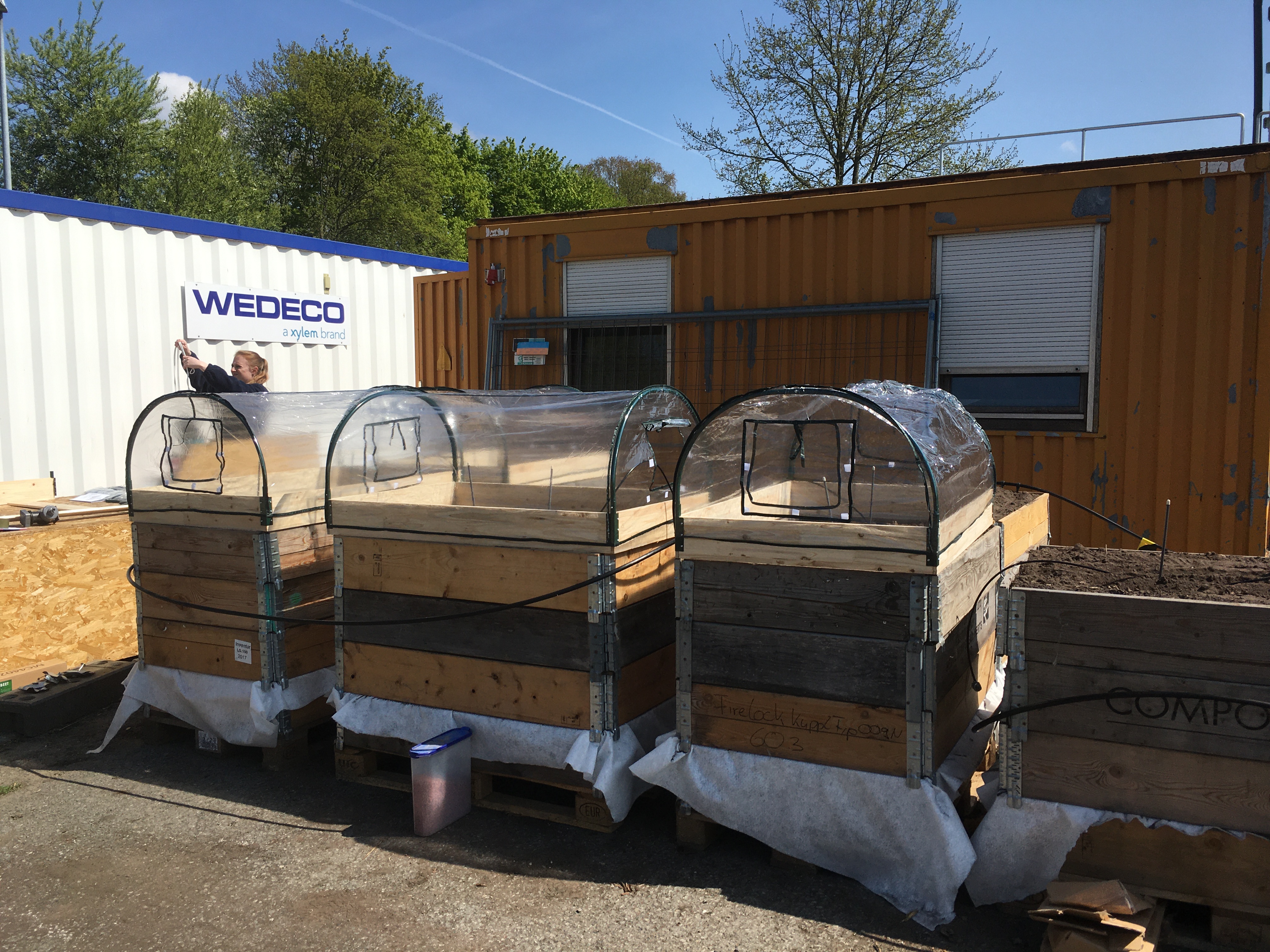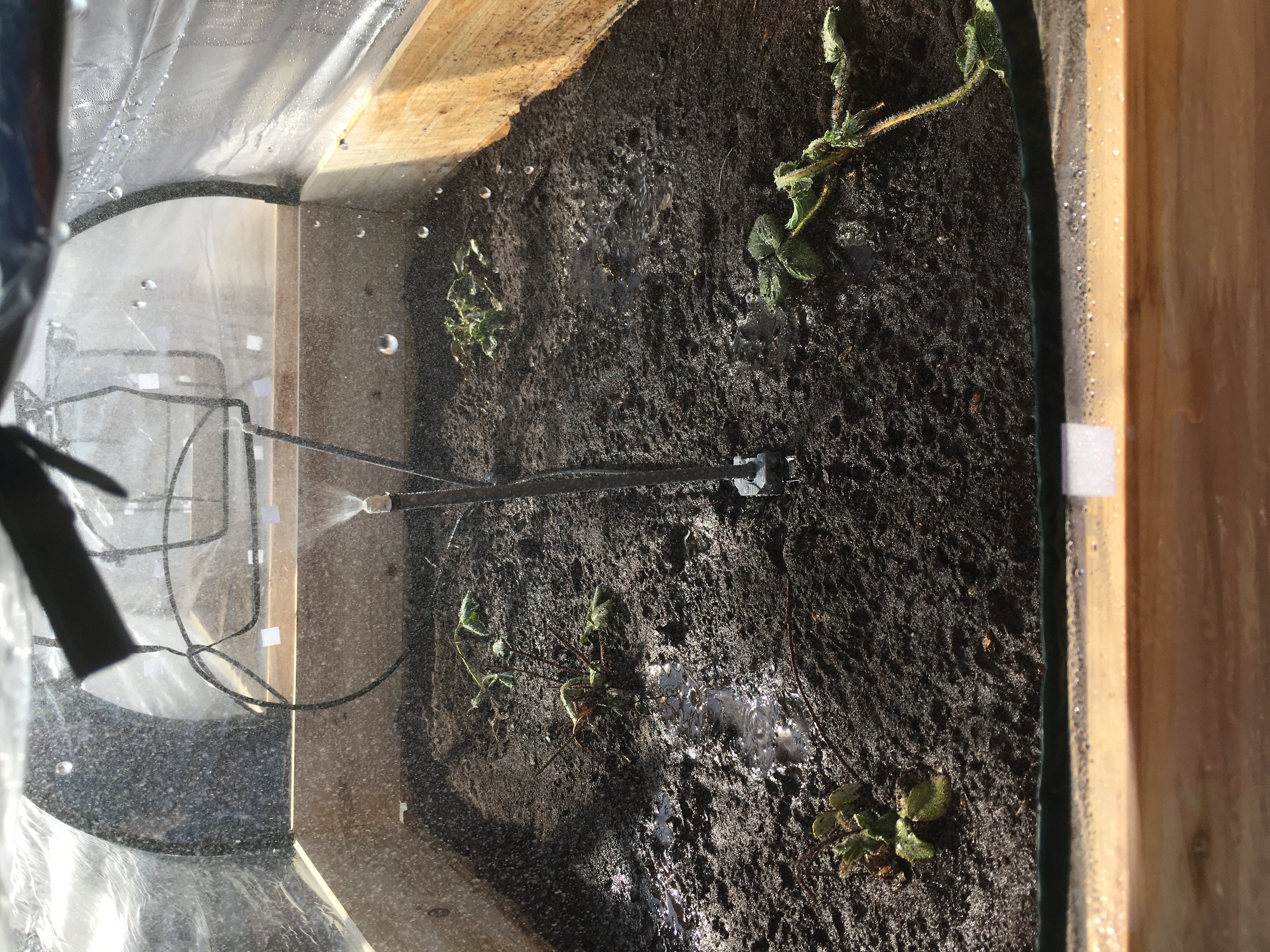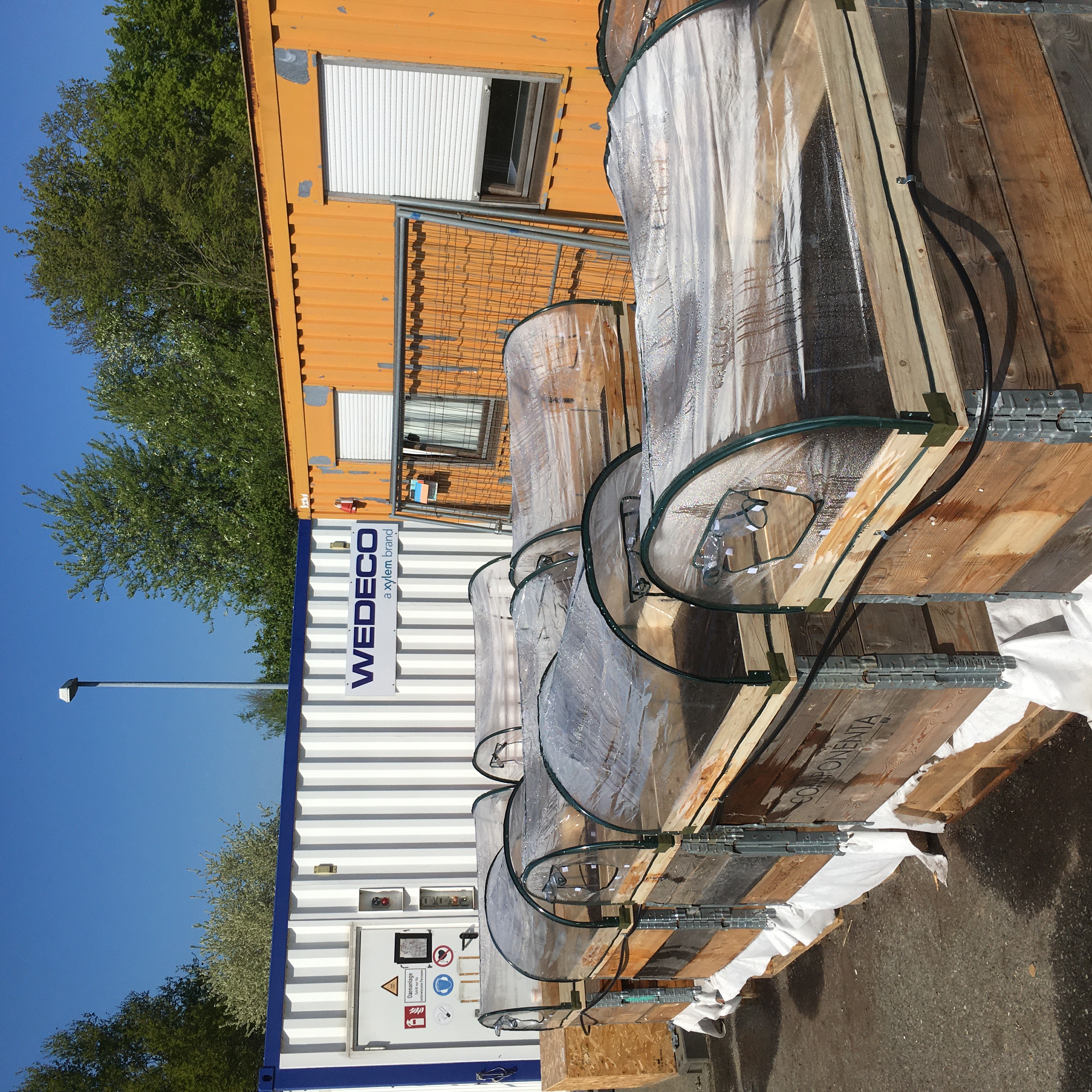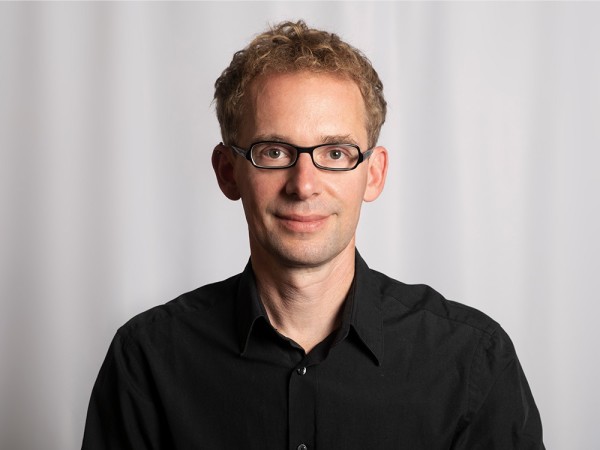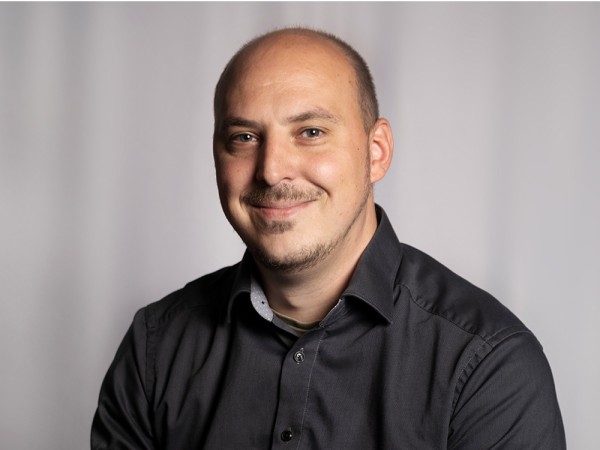The current droughts in various regions of Germany highlight the need to rethink current water management approaches. Further impacts on agriculture are to be expected in view of the predicted climate change, so that the topic of “wastewater reuse” is gaining in importance in Germany. At the European level, new European legislation establishing uniform minimum quality criteria for agricultural reuse is due for implementation.
The goal of the FlexTreat project is to promote safe water reuse in agriculture by developing and demonstrating flexible technical and nature-based treatment systems adapted to agricultural needs.
Innovative process combinations will be tested and further developed at four sites on a pilot or large scale with respect to a wide range of physical, chemical and microbiological water quality parameters. The processes under investigation include ozonation, rapid filtration, UV disinfection, modified retention soil filters, activated carbon adsorption, ultrafiltration, nature-based treatment using constructed wetlands, and electrochlorination. Particular focus will be placed on potential synergies with trace substance removal, as well as innovations in process monitoring through the use of digital applications, ensuring demanding quality targets such as unrestricted irrigation can be met at all times.
An integrated assessment approach that combines water quality, health risks, system resilience, and economic and environmental dimensions is also being developed and tested. To promote the potential for reuse, issues of water reuse acceptability and transferability of FlexTreat solutions will be addressed with the involvement of potential users. In addition, inputs for implementation guidelines will be developed.
KWB has the lead of the work package „Risk Management“ and a pilot study about process combination with Ozone, filtration and UV-Disinfection.
The project is funded by the German Federal Ministry of Education and Research (BMBF) for 3 years. Involved are 12 partners, representing research institutions, large companies, small and medium-sized enterprises and water associations with coordination by the Institute of Environmental Engineering of the RWTH Aachen University.
Copyright picture: Veolia
The pilot plant
The plant trials

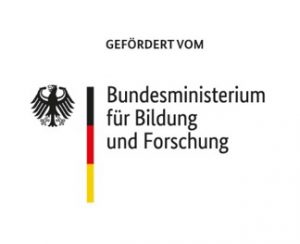
- Evaluation of post-treatment options after ozonation of secondary effluent
- Wasserwiederverwendung in der Landwirtschaft. Synergien mit nationaler Spurenstoffstrategie nutzen
- Water reuse in agriculture: Exploiting synergies with the German national micropollutant strategy
- Ozonung und UV-Desinfektion: eine gute Kombination für die Wasserwiederverwendung?
- Szenarienanalyse – Modellierung von Stofftransportprozessen in der ungesättigten Bodenzone mit Hydrus-1D
